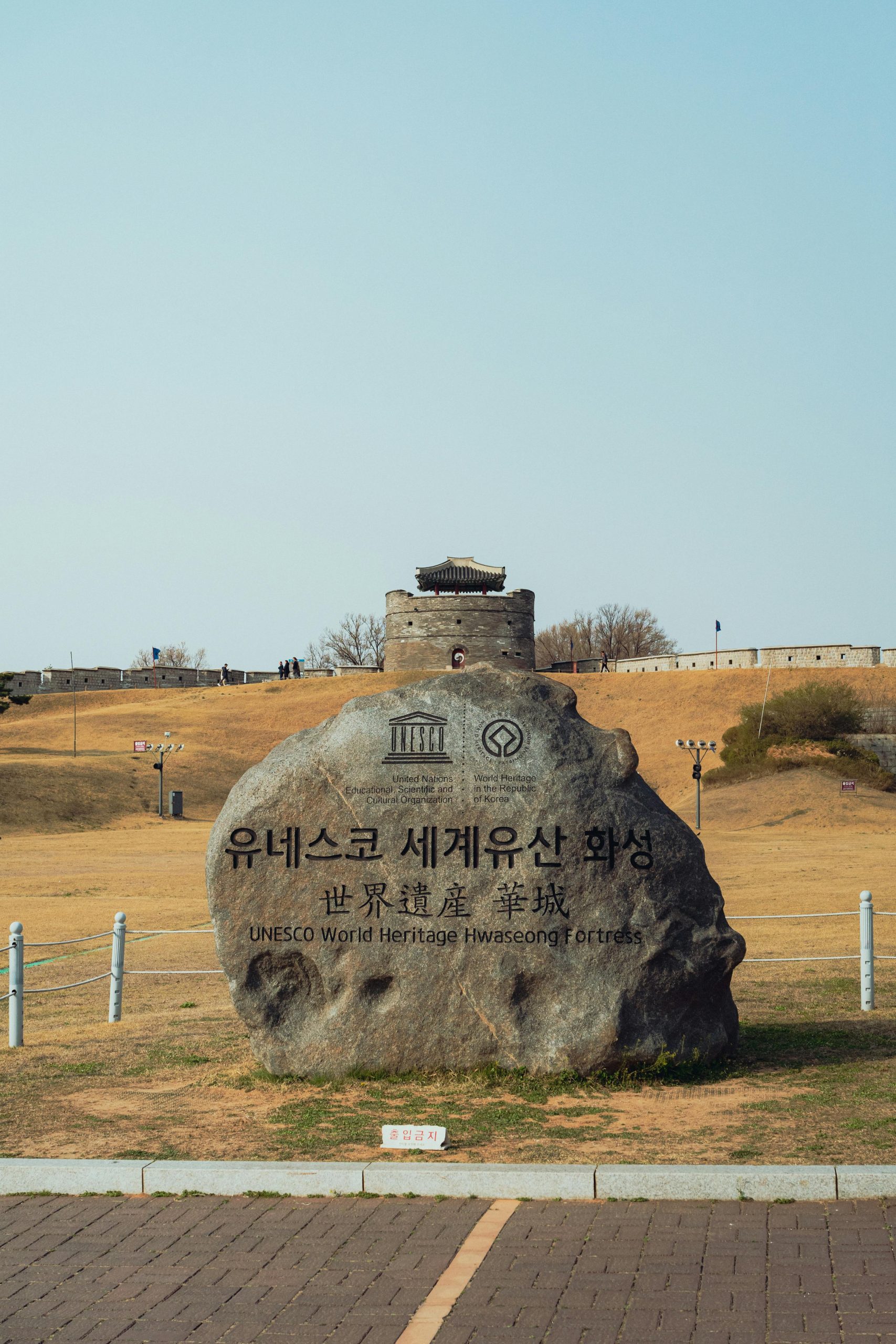Reflecting on VE Day 75: A Shift in Community Engagement
As we mark the anniversary of VE Day this year, it’s interesting to reflect on how public sentiment and local celebrations have evolved over time, particularly in light of recent events. Five years ago, during the 75th anniversary of Victory in Europe Day, the atmosphere was electric with enthusiasm, a stark contrast to what we are witnessing today.
In 2020, communities rallied together in unprecedented ways to honor this significant historical milestone. Perhaps driven by the collective challenges posed by the Covid-19 pandemic, residents of Twickenham and beyond adorned their homes with flags and organized various events that fostered a sense of unity and remembrance. It was an occasion that seemed to resonate deeply with many, as neighbors took the opportunity to pay tribute to the sacrifices made during World War II.
This year, however, the local observance of VE Day appears to be considerably quieter. There seems to be a notable absence of the vibrant displays and communal gatherings that characterized the previous anniversary. It raises questions about how our engagement with historical events may shift over time, particularly after such a period of turmoil and isolation.
As we reflect on this change, it invites us to consider how we can continue to honor our history and recognize the significance of days like VE Day, without the backdrop of a crisis. After all, the lessons learned from the past remain ever pertinent, and it’s our collective remembrance that keeps those stories alive.


London Perspectives on VE Day Commemoration
As a London resident, I’ve observed that the way we commemorate VE Day has always reflected broader societal changes and community dynamics. The vibrant street parties and local events, which once characterized the post-war years and even recent anniversaries, play a vital role in fostering community spirit and collective memory.
However, the shift in celebration intensity, especially seen during the pandemic, underscores a valuable point — that meaningful remembrance doesn’t always require grand public displays. Smaller, more intimate acts of remembrance can be equally powerful, such as hosting local history talks, planting commemorative gardens, or holding virtual events for those unable to attend in person.
For Londoners, with its rich tapestry of diverse communities, I believe fostering inclusive remembrance is key. It can be achieved through:
Ultimately, whether through large celebrations or subtle acts of reflection, maintaining our collective memory is essential. It ensures that the sacrifices and lessons of the past remain vivid and relevant amidst our ever-changing city landscape.